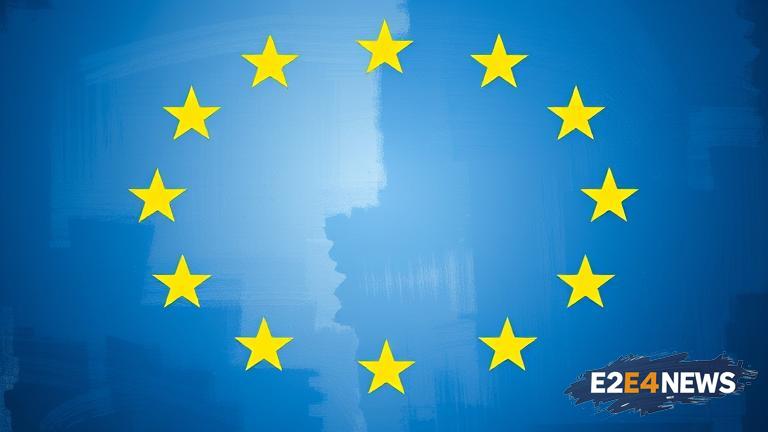The European Union has once again vowed to protect its tech laws, ensuring they remain untouched by the recent US trade deal. This move is seen as a significant stance by the EU, as it prioritizes its own regulatory framework over potential trade agreements. The EU’s tech laws, which include the General Data Protection Regulation (GDPR) and the Digital Services Act (DSA), are considered some of the most stringent in the world. These laws aim to protect user data and promote a safe online environment. The US trade deal, which was recently agreed upon, does not include any provisions that would compromise the EU’s tech laws. This is a significant win for the EU, as it allows the region to maintain its autonomy in regulating the tech industry. The EU’s commitment to its tech laws is not surprising, given the importance of the digital economy to the region. The digital economy is a significant contributor to the EU’s GDP, and the region is home to many major tech companies. The EU’s tech laws are designed to promote innovation and competition, while also protecting users’ rights. The GDPR, for example, gives users control over their personal data and imposes strict rules on companies that collect and process this data. The DSA, on the other hand, aims to promote a safe online environment by regulating online platforms and holding them accountable for the content they host. The EU’s stance on its tech laws has been welcomed by many in the tech industry, who see the region’s regulatory framework as a model for other countries to follow. However, not everyone is pleased with the EU’s decision, with some arguing that it could create trade barriers and stifle innovation. The US, in particular, has been critical of the EU’s tech laws, arguing that they are overly restrictive and could harm American companies. Despite this, the EU remains committed to its tech laws, and has vowed to continue enforcing them. The EU’s commitment to its tech laws is also seen as a significant move in the global regulatory landscape. As other countries begin to develop their own tech laws, the EU’s framework is likely to be seen as a model to follow. The EU’s tech laws are also likely to have a significant impact on the global tech industry, as companies operating in the region will need to comply with the EU’s regulatory framework. This could lead to a more level playing field, as companies from around the world will need to adhere to the same rules. The EU’s stance on its tech laws is also seen as a significant move in the context of the ongoing debate about the regulation of the tech industry. As the tech industry continues to grow and evolve, there is an increasing need for effective regulation. The EU’s tech laws are seen as a significant step in this direction, and are likely to be studied by regulators around the world. In conclusion, the EU’s decision to maintain its tech laws, despite the recent US trade deal, is a significant move that prioritizes the region’s regulatory framework over potential trade agreements. The EU’s tech laws are designed to promote innovation and competition, while also protecting users’ rights, and are likely to have a significant impact on the global tech industry. The EU’s commitment to its tech laws is a significant win for the region, and is likely to be seen as a model for other countries to follow.
